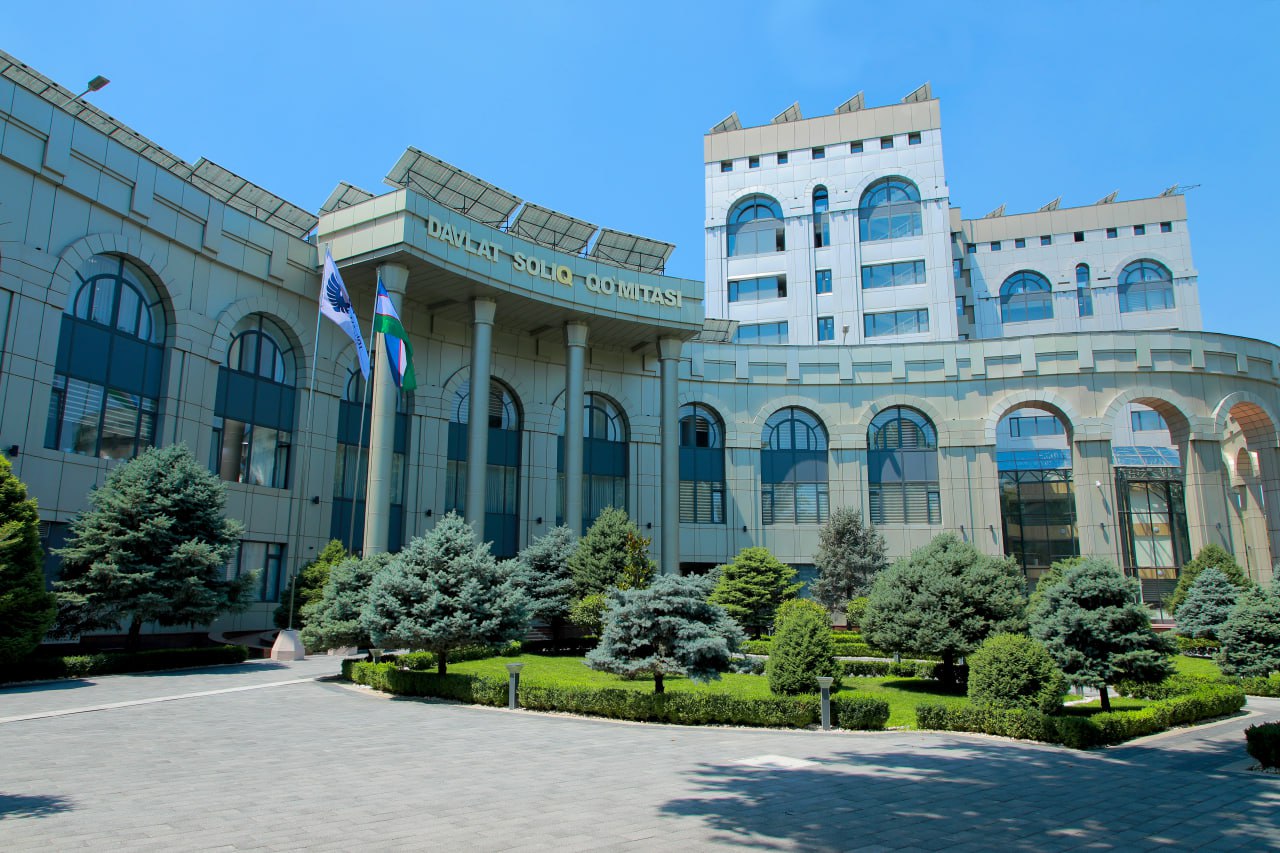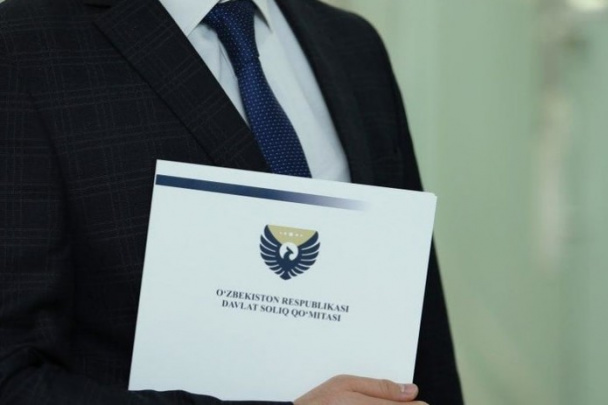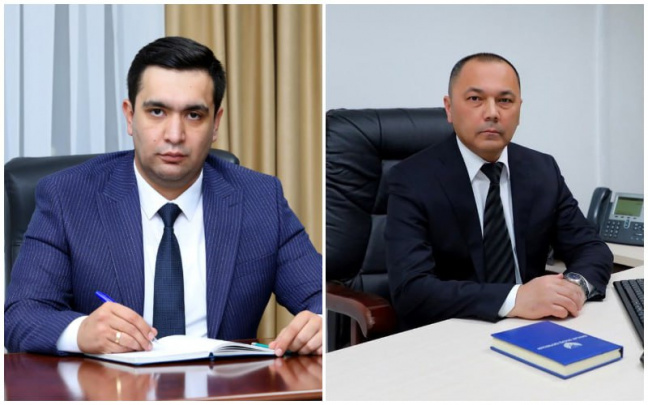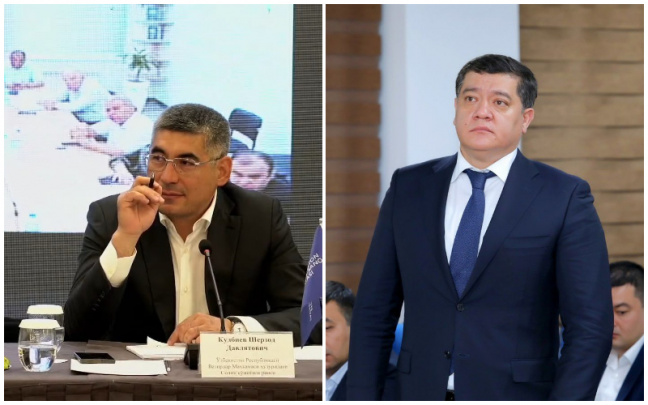Tax Committee provides info about income of Yandex Taxi in Uzbekistan
Ridetech International BV, which provides the Yandex Taxi application, is a resident of the Kingdom of the Netherlands. More than 81 thousand drivers are connected to the Yandex Taxi service in the republic, and according to the agreements, 84% of the total income remains with them, the press service of the Tax Committee of Uzbekistan reported.

Photo: Tax Committee
How is the activity of Yandex Taxi regulated in Uzbekistan?
Ridetech International BV (until June 30, 2020 - Yandex Taxi BV), which controls the Yandex Taxi application, is a resident of the Netherlands.
In accordance with the Tax Code, a company must pay VAT for the sale of services and tax on non-resident income received from sources in Uzbekistan. When foreign legal entities provide services in electronic form to legal entities of Uzbekistan, the place of sale of which is the territory of our country, the specified buyers of such services are recognized as tax agents (Article 255 of the Tax Code).
Given that Ridetech International BV sells services to legal entities in Uzbekistan, in this case, tax agents are local enterprises providing transportation services - aggregators.
Today, there are 135 passenger transportation aggregators in the republic that organize the provision of the Yandex Taxi service.
How is service revenue distributed?
In 2021-2022, the total revenue of 135 aggregators from the provision of services in Uzbekistan through the Yandex Taxi platform exceeded 1 trillion soums, which is distributed as follows:
ꞏ 84% or 889.6 billion soums - to individuals;
ꞏ 5% or 53 billion soums - to aggregators;
ꞏ 11% or 116.5 billion soums - Ridetech International BV.
How many taxes have been paid?
For services provided to aggregators in 2021-2022, Ridetech International BV paid 17.5 billion soums of VAT to the budget for a total of 116.5 billion soums.
Income from Ridetech International BV from granting the right to use the Yandex Taxi program to taxi companies is recognized as royalty and is subject to taxation on non-resident income (Article 351 of the Tax Code).
However, in accordance with the convention concluded on January 18, 2001 between Uzbekistan and the Kingdom of the Netherlands on the avoidance of double taxation of income and the prevention of tax evasion on income and capital, the tax rate on royalty income is reduced to 0%.
In this regard, the income of Ridetech International BV received from sources in Uzbekistan is not subject to taxation in Uzbekistan. In turn, aggregators are payers of generally established taxes in accordance with Article 237 of the Tax Code.
In particular, in 2021-2022, 135 aggregators paid 15.2 billion soums of taxes from the income received for 2021-2022:
ꞏ 9.7 billion soums of VAT;
ꞏ 1.6 billion soums of income tax;
ꞏ 3.9 billion soums of personal income tax.
Providing the population with a source of income
More than 81,000 drivers are connected to the Yandex Taxi service in the republic, and according to the concluded agreements, 84% of the total income remains with these citizens. In particular, in 2021-2022, self-employed taxi drivers have funds in the amount of 889.6 billion soums as income.
The list of activities that the self-employed can engage in includes the activity of transporting passengers by passenger cars. Income from the labor activity of self-employed persons is not taxed (paragraph 9 of Article 369 of the Tax Code).
In this regard, the incomes of citizens providing services for the transportation of passengers as self-employed persons remain completely at their disposal.
What is expected in the near future?
Currently, the Tax Committee is working to integrate the Yandex Taxi platform with the information system of the tax authorities, in particular, the automatic generation of receipts with a fiscal mark.
Related News

16:41 / 28.01.2026
Tax Committee ranks last in business oversight assessment

18:53 / 27.01.2026
Senior tax officials dismissed amid criticism over misconduct and budget violations

16:46 / 24.12.2025
Tax Committee reports 12.1 trillion UZS in violations over eleven months

16:22 / 20.11.2025



